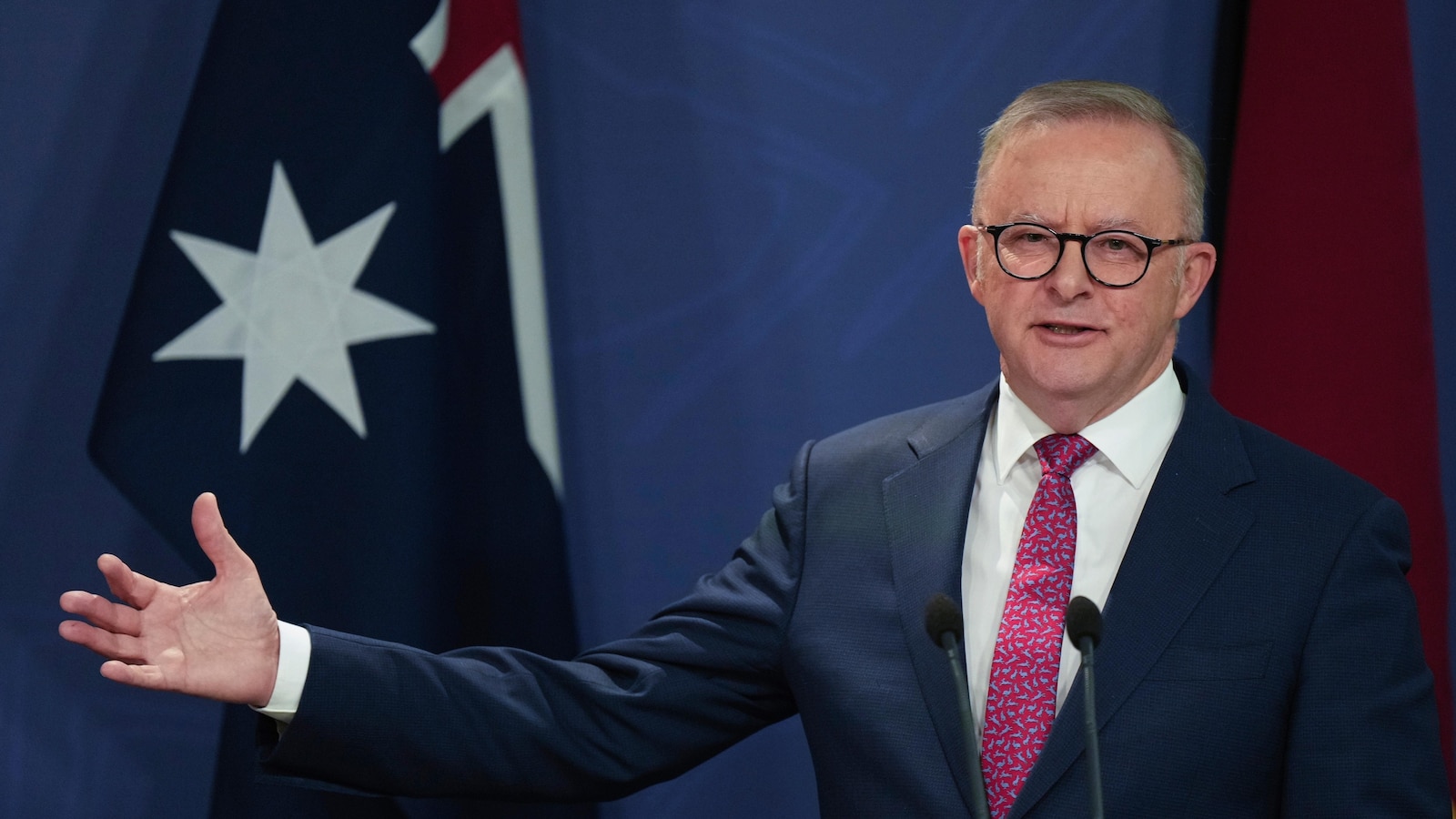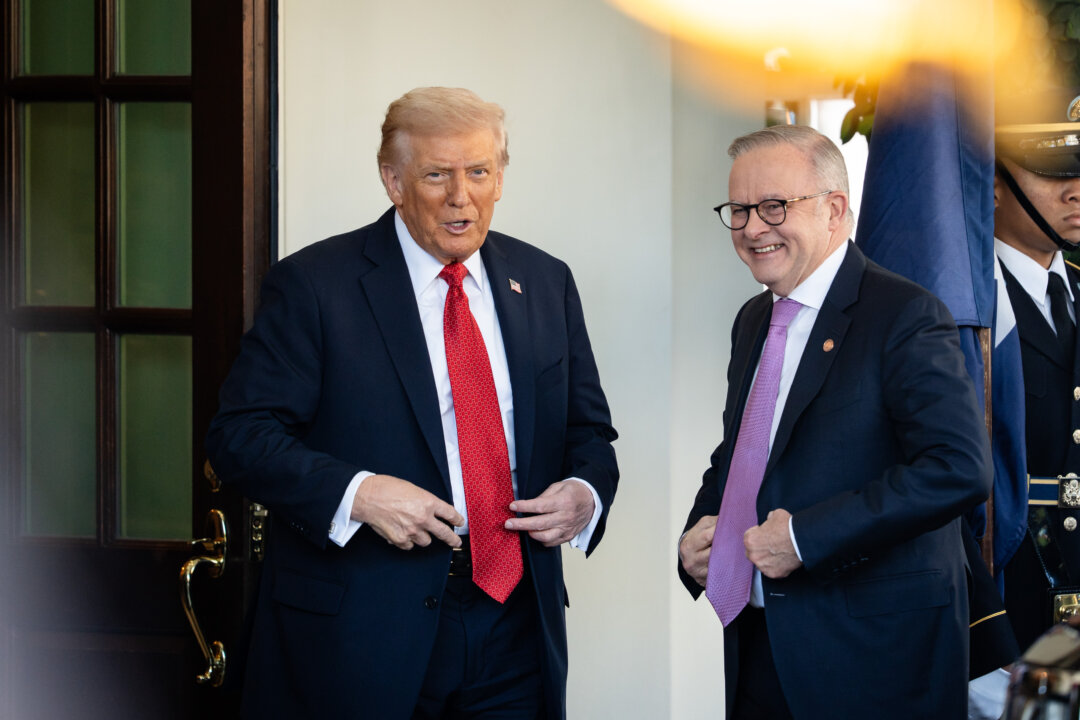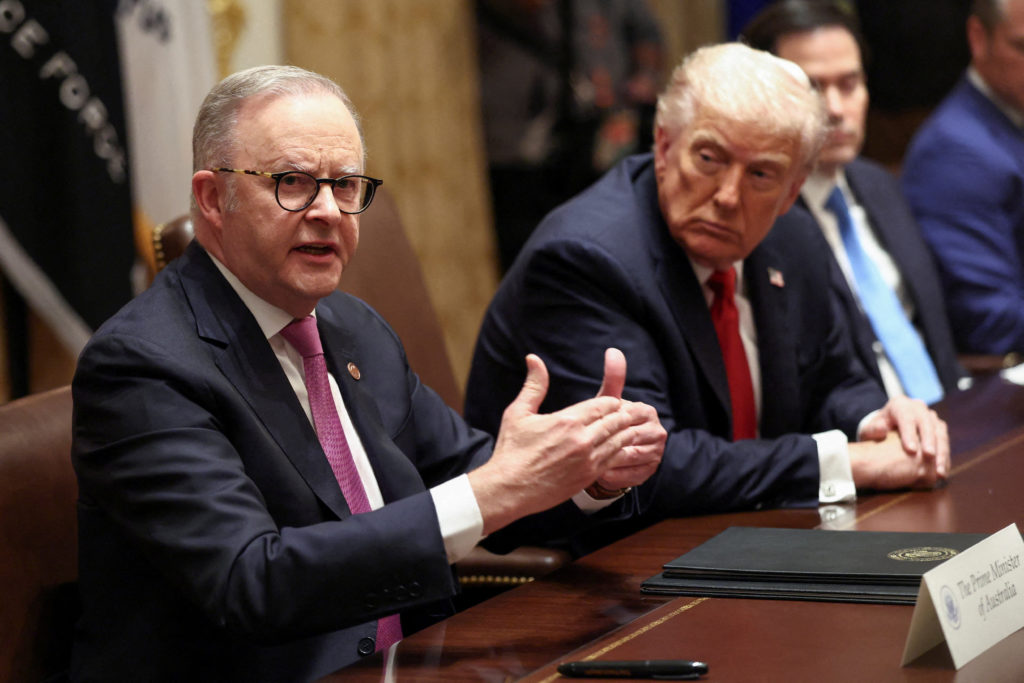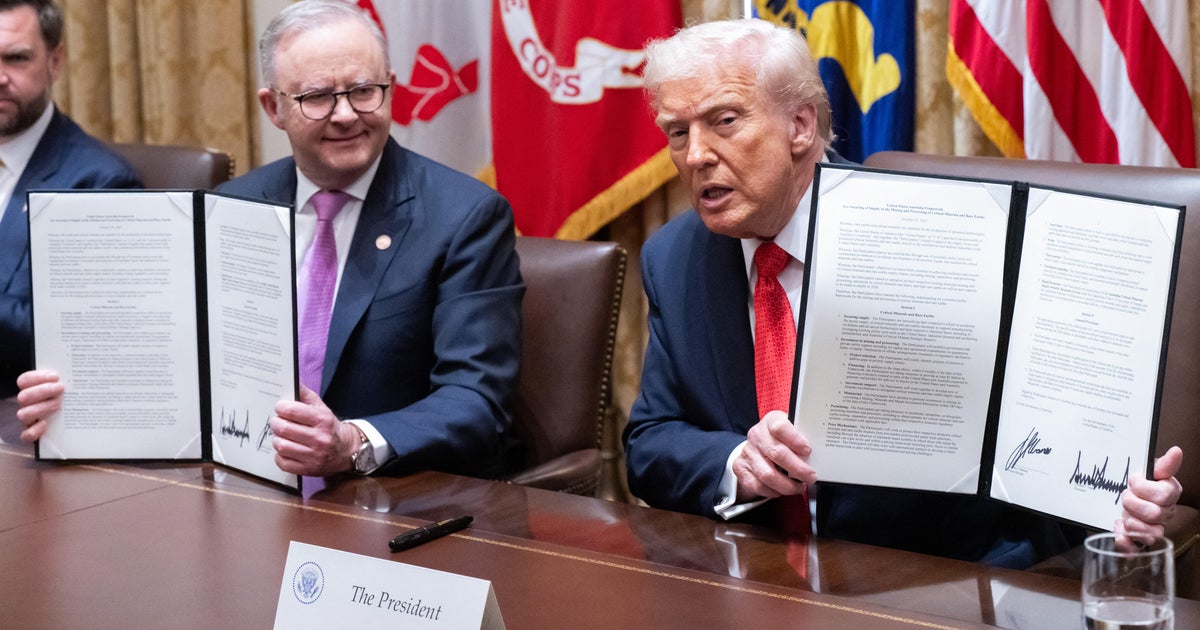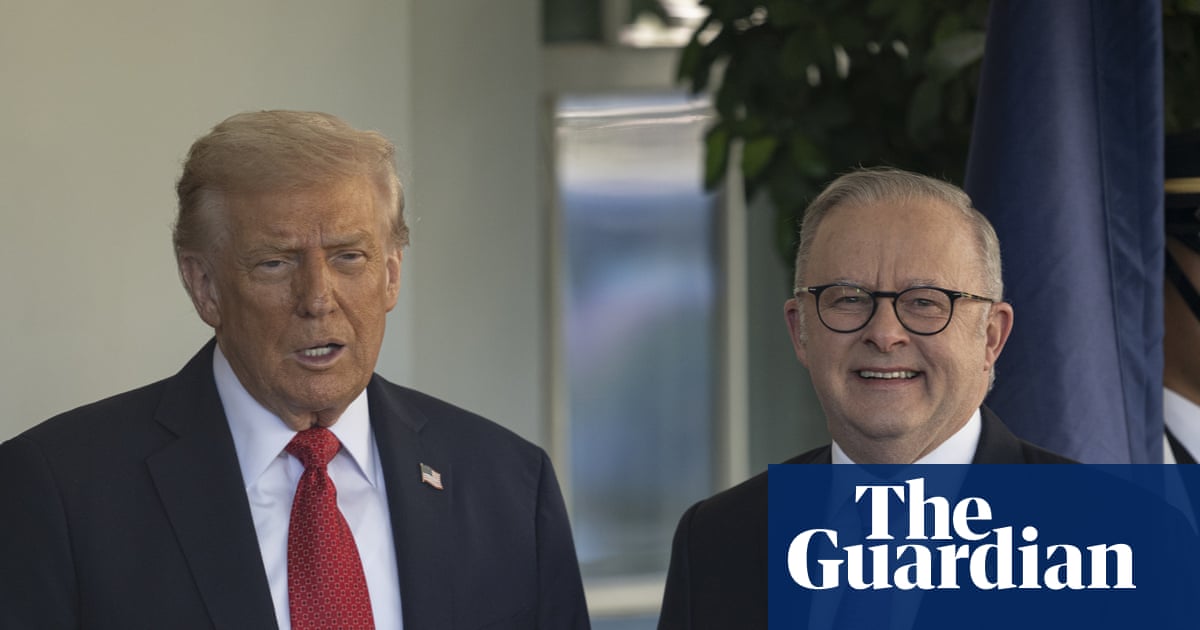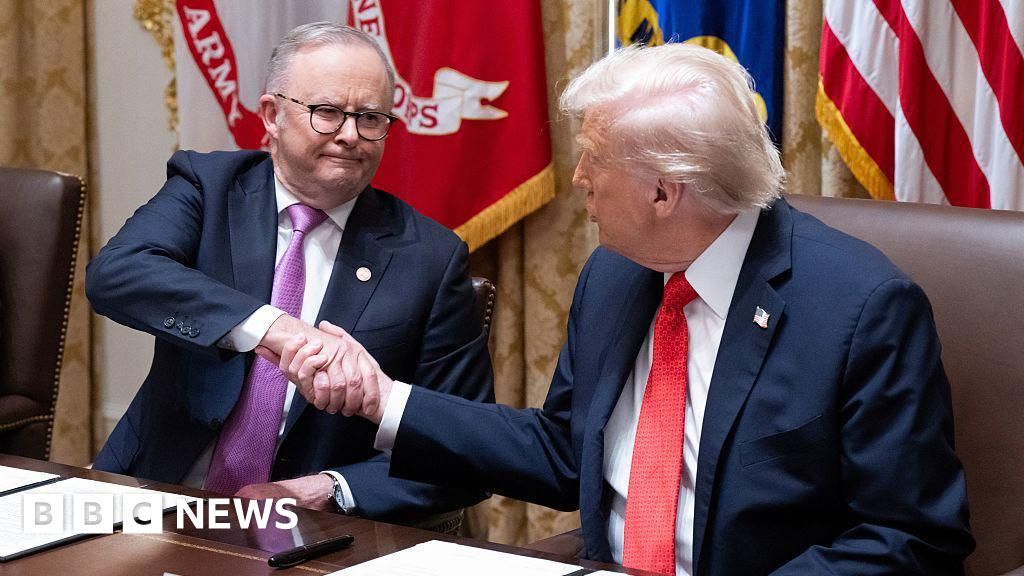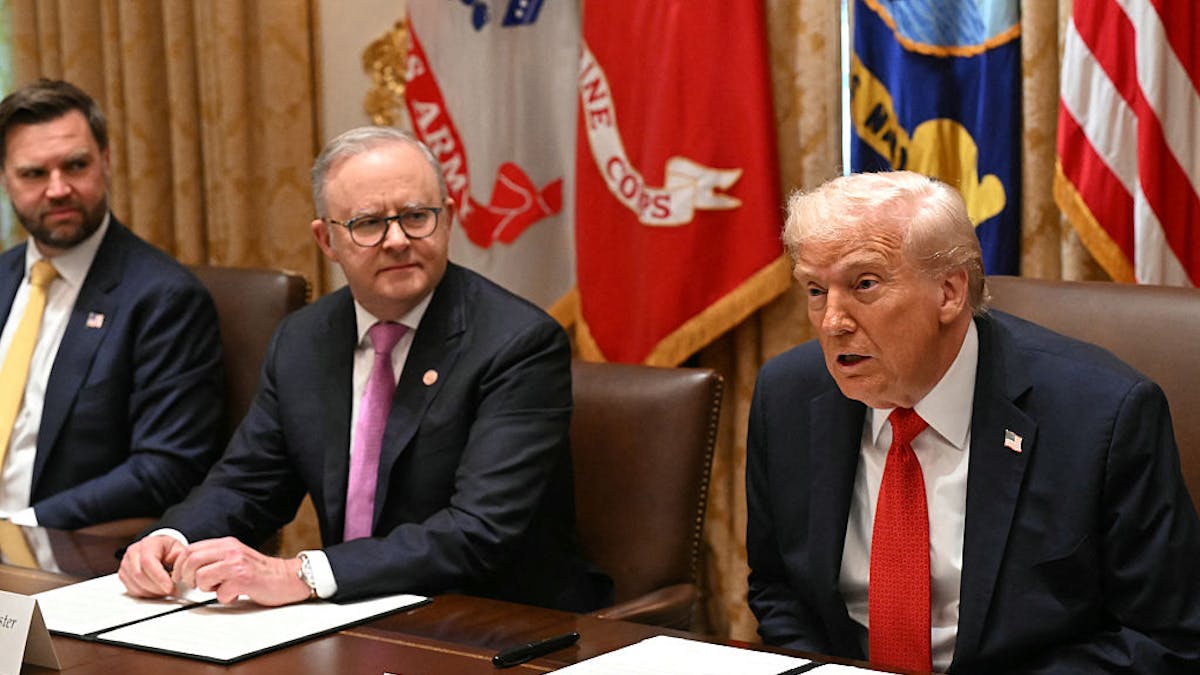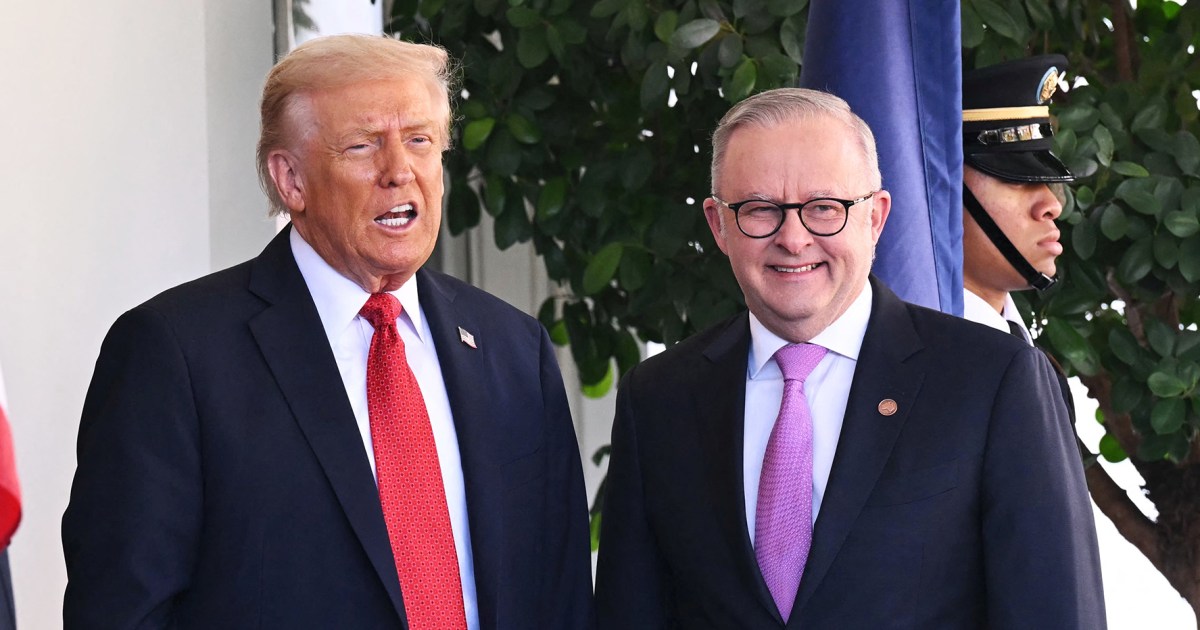US and Australia Forge $8.5 Billion Critical Minerals Alliance to Counter China's Dominance
President Trump and Australian PM Albanese signed an $8.5 billion critical minerals deal at the White House, aiming to secure rare earth supplies and counter China's market control, prompted by Beijing's new export restrictions.
Overview
- President Donald Trump and Australian Prime Minister Anthony Albanese signed an $8.5 billion critical minerals deal at the White House, directly countering China's rare earth dominance and stabilizing global supplies.
- The agreement aims to enhance cooperation in mining, processing, and supplying rare earths, securing vital resources for US defense manufacturing and reducing reliance on external sources.
- This strategic partnership was spurred by Beijing's new requirement for foreign companies to obtain approval for exporting rare-earth magnets, underscoring the need for secure supply chains.
- The US and Australia will jointly invest over $3 billion in critical minerals projects within six months, leveraging Australia's significant mining economy and rare earth resources.
- The broader AUKUS agreement also advances, with the US selling nuclear submarines to Australia and joint investments in defense infrastructure, strengthening regional security and capabilities.
Report issue

Read both sides in 5 minutes each day
Analysis
Center-leaning sources frame this story by consistently emphasizing the critical minerals deal as a strategic move to counter China's dominance and perceived weaponization of rare earth materials. They highlight China's export controls and past market manipulation tactics, using language that underscores the adversarial nature of the economic competition. The collective coverage prioritizes perspectives from US officials and experts who advocate for reducing reliance on China.
Articles (16)
Center (7)
FAQ
The agreements aim to counter China's tightening control over critical mineral supply chains, secure reliable access to rare earth and critical minerals for economic and military uses, enhance regional security, and strengthen defense capabilities including submarine sales and joint investments.
The US is investing about $3 billion over six months in Australian critical mineral projects, using direct equity investments, financial instruments like loans combined with equity, and government-backed purchasing agreements to accelerate mining and processing, aiming to develop resilient supply chains outside Chinese dominance.
The sale of up to five Virginia-class nuclear-powered submarines to Australia by 2032 under the AUKUS agreement significantly enhances Australia's defense capabilities and regional naval power, supporting deterrence in the Indo-Pacific amid strategic competition with China.
The timing is critical because the agreements followed China's recent tightening of export controls on rare earth elements, exposing Western economies' reliance on China and creating urgent momentum for alternative supply arrangements between the US and Australia.
The US Department of Defense plans to invest in advanced processing facilities, such as a 100 metric ton-per-year gallium refinery in Western Australia, to secure supply of rare earth minerals essential for defense technologies and reduce reliance on China.
History
- 2M

 3 articles
3 articles
- 2M

 10 articles
10 articles
